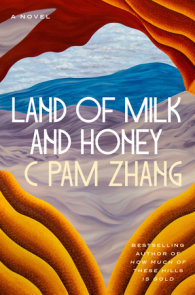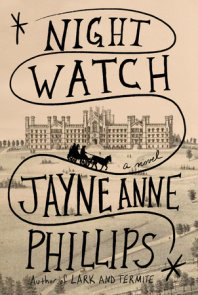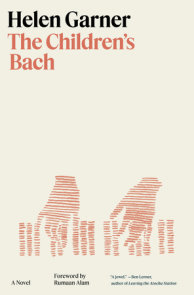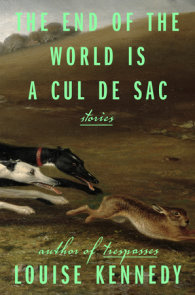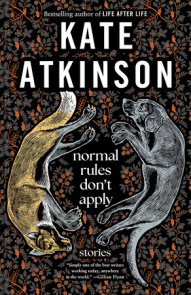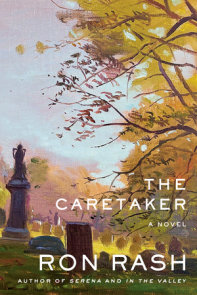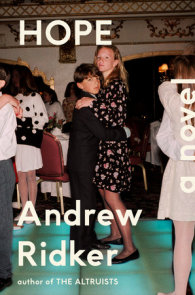READERS GUIDE
Questions and Topics for Discussion
1. Told through the first-person narration of a female writer in New York City, Sigrid Nunez’s The Vulnerables reflects on our contemporary era during Covid lockdown. What do you make of how the narrator navigates the world of the pandemic? What does the novel suggest or reveal about human behavior and empathy?
2. The author uses a distinct style of humor and a unique voice to elevate her storytelling. What do you see as the purpose of comedy in the context of catastrophe? How might it alter your perception of the narrator and your understanding of the book?
3. Nunez begins the novel with “It was an uncertain spring,” quoting from The Years by Virginia Woolf. Why do you think the narrator dwells on this memorable first line? Why does she push back on the trope of writing about the weather? Do you agree with her assessment—why or why not?
4. The narrator soon finds herself sharing an apartment with a college student, whom she calls Vetch, and a spirited parrot named Eureka. What do these unexpected living arrangements reveal about the human characters? What do they demonstrate about how animals/people interact with one another?
5. During the pandemic’s lockdown, people are forced to remain in confinement, whereas Eureka has the liberty to roam around in his own full-size room when permitted to come out of his cage. What might the book be trying to say about space, isolation, and freedom? Solitude vs. loneliness?
6. The narrator learns to take care of Eureka by playing games with him. What is the role of caregiving in this story? How does it guide the characters’ lives?
7. Nunez’s prose captures a mind thinking actively on the page. What is the effect of the narrator’s philosophical musings? How does writing about the art of writing transform your reading?
8. Friendships and connections are significant factors that influence the narrator’s decisions. How do you see such dynamics unveil throughout the book? How do they change how the narrator thinks, feels, and acts?
9. The author puts emphasis on naming. She writes: “Can it be accidental that the names for flowers are also always beautiful words? Rose. Violet. Lily” (5). What do you think is the reason behind the narrator calling her friends Rose, Violet, and Lily? What might this say about the nature of language and nomenclature?
10. The book explores the idea of autofiction in multiple, layered ways. The narrator—who as a character shares some parallels with the author herself—describes some of the surprising reactions and assumptions she hears from her own readers. What were your thoughts about the relationship between reality and fiction as you read? Did those questions alter your interpretation of the story, or add to/detract from your enjoyment, and why?
11. Compare and contrast the lifestyles between that of Vetch and that of the narrator. Given that the narrator is older and Vetch is part of Generation Z, what is the importance of age and memory in the story, and in their interactions? How does age affect each character’s perspective on the past, present, and future?
12. The book’s title comes from the language that officials used at the start of the pandemic to refer to the population most at risk or vulnerable. What is the impact of this title? How do you interpret its meaning, especially in relation to what makes us vulnerable, or what we’re most vulnerable to?











